The Catholic Psychotherapist and Religious Experience - by Deacon Ray Biersbach (Paperback)
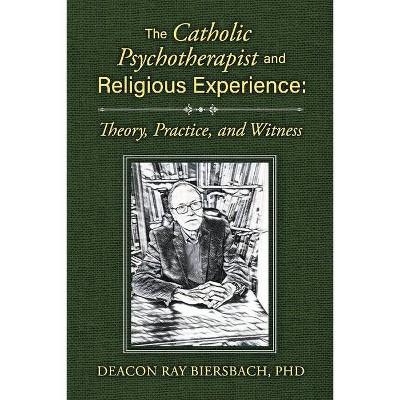
Similar Products
Products of same category from the store
AllProduct info
<p/><br></br><p><b> About the Book </b></p></br></br>All the great religions begin with the religious experiences of their founders. Yet, for many, those experiences seem to have been long ago and far away. Still, others, however, report spiritual experiences as motivating them to change their lives for the better. Though religious experiences always convince the person, far too often, they convince no one else.<br>For clients and therapists, religious experiences are a puzzle. They are brief, hard to put into words, convey information about spiritual realities, have a timeless quality, and often come to those who don't even seek them.<br>Deacon Ray Biersbach, Ph.D.'s book, The Catholic Psychotherapist and Religious Experience: Theory, Practice, and Witness, reviews what psychological and theologians have to say about those encounters. He uses a question-and-answer format to offer solutions and has attached accounts of his own experiences. It will be a valuable tool for clients and therapists who find encounters with God confusing, motivating, or a little of both.<p/><br></br><p><b> Book Synopsis </b></p></br></br>The Catholic Psychotherapist and Religious Experience: Theory, Practice, and Witness by Deacon Ray Biersbach, Ph.D., examines four questions: <br>Question #1: Why are religious experiences a fit study for psychotherapists? The answer to that is that all the great religions begin with the spiritual experiences of their founders. Further, many believers have found religious experiences meaningful despite the reality that many people respond to such accounts with skepticism. Because of such cynical reactions, the more organized a religion is, the more cautious it tends to be about the very spiritual experiences that invigorate religious practice.<br>The book includes essential psychological contributors to the understanding of spiritual experiences. The psychological contributors include William James, Abraham Maslow, and a whole list of current social scientists who reflect on religious experiences. Further, the book also outlines Catholic authors who have contributed to understanding spiritual/religious experiences. The Catholic contributors include St. Teresa of Avila, St. John Newman, St. John Paul, and many others.<br>Dr. Biersbach has provided a rich set of professional references to bolster the book's inferences and, for those interested, further reading suggestions to learn more.<br>Question #2: How do language and culture mediate religious experiences? The book examines the complex and powerful ways in which language and culture influence how people perceive and respond physically, mentally, and emotionally to religious experiences. Each of the psychological and religious authorities cited in the book helped clarify our awareness and response to spiritual experiences. <br>Question #3: How can someone sort through and assess the many psychological and religious understandings of spiritual experiences? The book uses Aristotle's philosophical categories to compare the many approaches to spiritual experiences. His categories ask what the plan, the purpose, the process, and the concrete expressions of religious experiences as understood by psychotherapist authors. Biersbach compares the scientific approaches to the unique perspective the Church offers to Catholics. The book especially focuses on the Church's careful doctrinal language and sacramental culture as powerful shaping and mediating factors for religious experiences.<br>Question #4: How can Catholic therapists integrate religious experience into their psychotherapy practice? Biersbach outlined two tactics. First, he invites psychotherapists to reflect on their own spiritual experiences. Second, he encouraged psychotherapists to work toward competency in working with clients' religious encounters. He also proposed two long-term strategies. First, he advocates for a Special Interest Group within the Catholic Psychotherapy Association and, second, urges research into spiritual/religious encounters.<br>By anchoring his assertions within both psychological and theological sources, Biersbach provides a rationale for Catholic psychotherapists' essential work of hearing spiritual/religious experiences from secular and Christian perspectives. <br>The examples of Deacon Ray's spiritual/religious experiences in the many appendices include examples of: <br>1.Words from God and how to understand and evaluate them.<br>2.Model interactions with clients reporting spiritual experiences.<br>3.Stories of spiritual affliction healings.<br>4.Reports of God's help throughout his spiritual journey may echo your experiences as well.<br>The effort to link Catholic psychotherapy and religious/spiritual experiences is crucial for clients who seek someone who can both provide empirically-validated psychotherapy and Christian appreciation and understanding of their spiritual experiences<p/><br></br><p><b> About the Author </b></p></br></br>A Catholic Deacon and psychologist who practiced for 40 years is now focused on linking psychotherapy and religious experience.
Price History
Price Archive shows prices from various stores, lets you see history and find the cheapest. There is no actual sale on the website. For all support, inquiry and suggestion messages communication@pricearchive.us
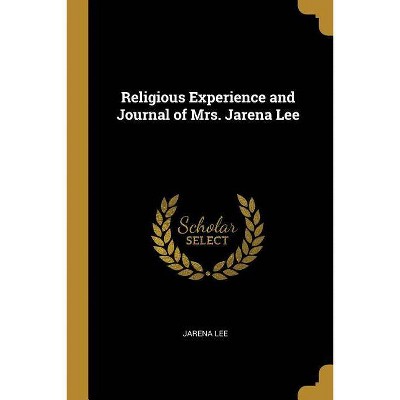
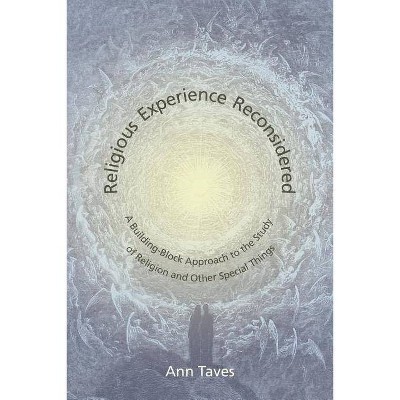
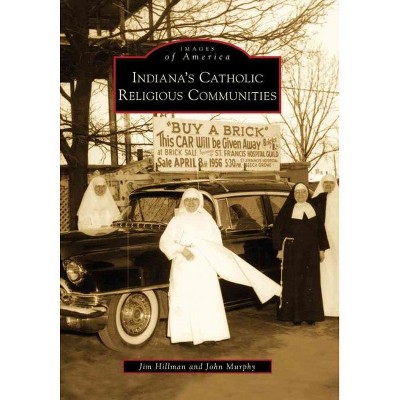
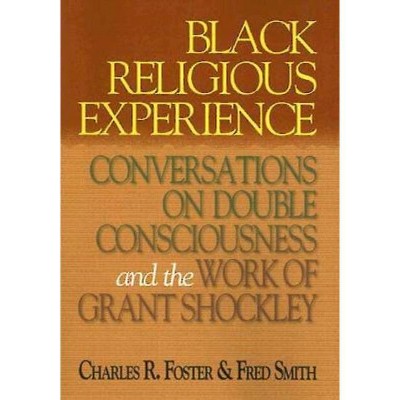
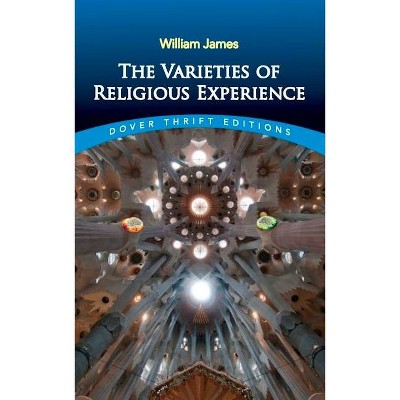
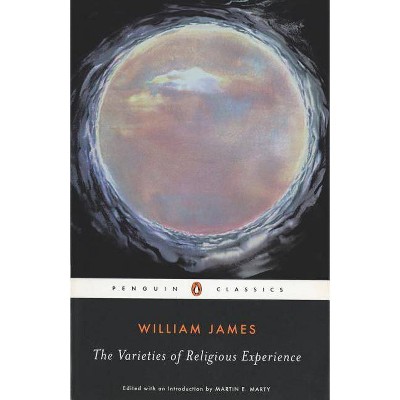
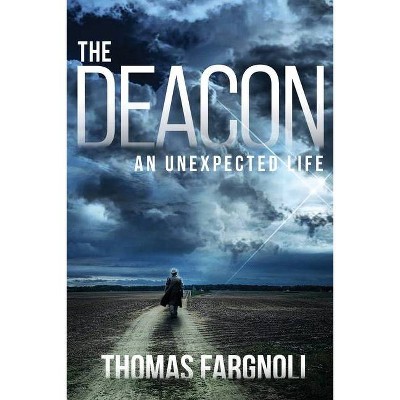
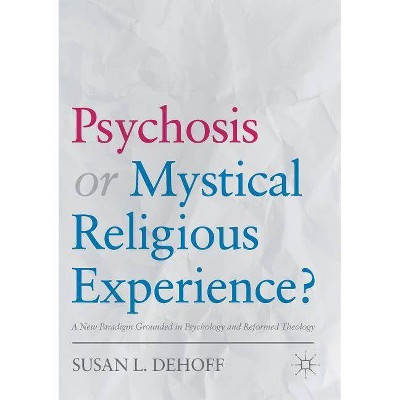

![American Experience: Chasing the Moon [Blu-ray] [2019]](https://pisces.bbystatic.com/image2/BestBuy_US/images/products/3456/34563877_so.jpg)










